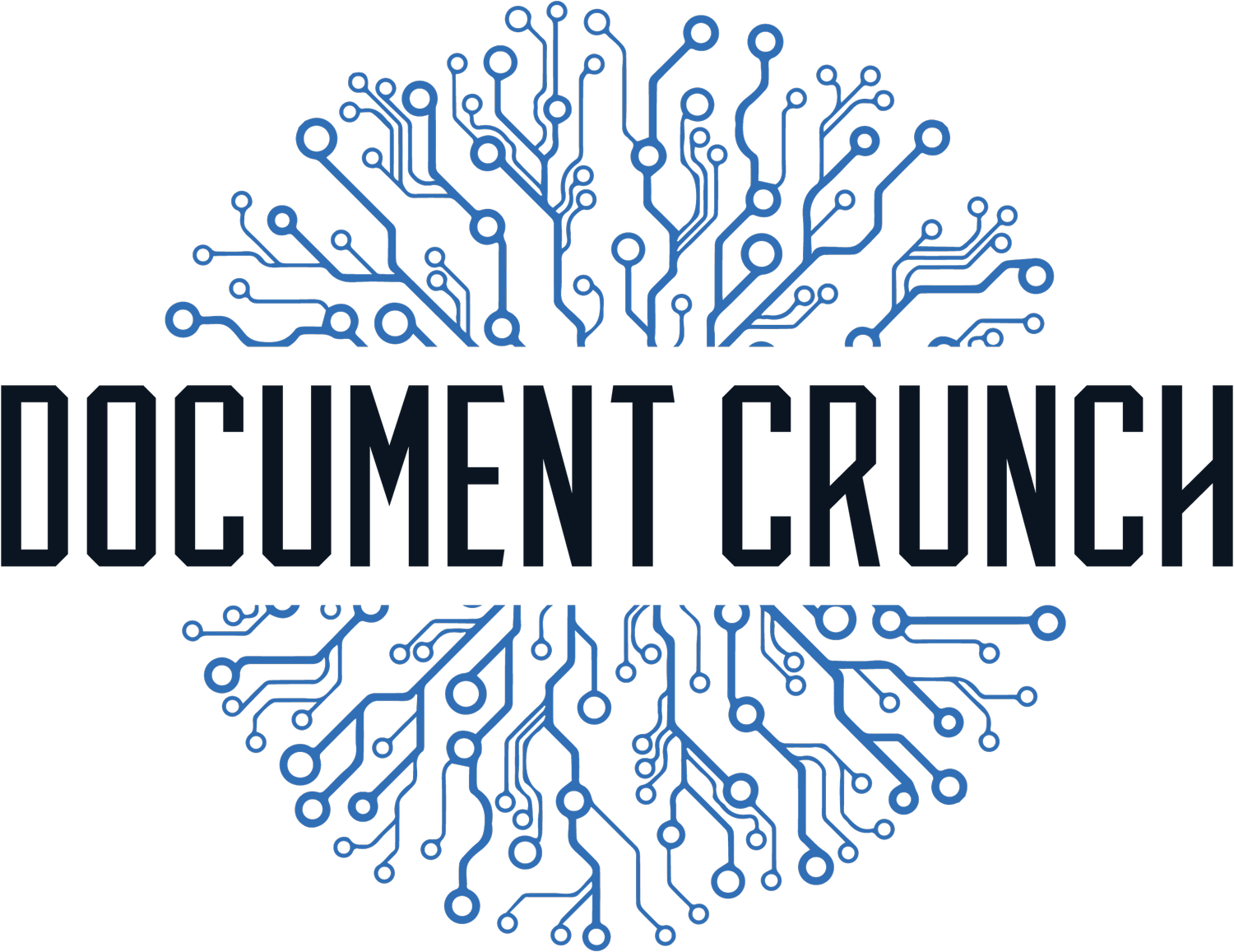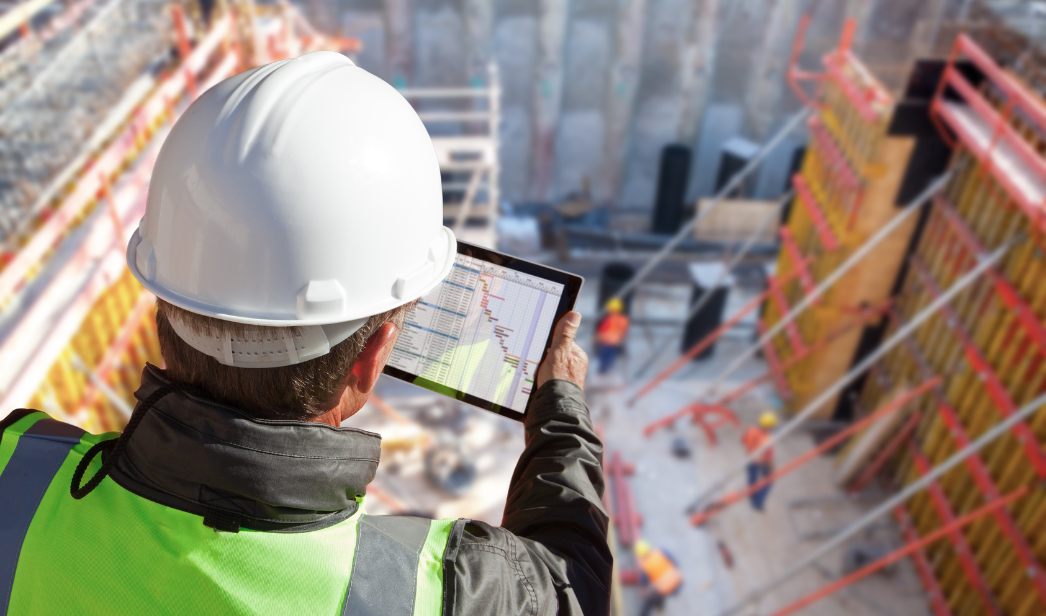Building a Solid Foundation: How AI is Minimizing Risk and Enabling Contract Compliance on Projects
Emerging technologies, particularly AI-powered contract intelligence software, are revolutionizing the way contractors review, negotiate and comply with contracts, ultimately streamlining processes and minimizing risks.
The construction industry is known for its complex and lengthy contracts that are often filled with legal jargon, making it difficult for contractors without extensive legal experience or resources to understand and navigate. These contracts not only create confusion but also pose significant risks that can impact the success of construction projects. However, emerging technologies, particularly AI-powered contract intelligence software, are revolutionizing the way contractors review, negotiate and comply with contracts, ultimately streamlining processes and minimizing risks.
Something has shifted for construction. The industry is being challenged from the top down to adopt meaningful AI that will drive greater efficiency, eliminate manual workflows, reduce redundant tasks and most importantly, de-risk exposure on projects. Only a few short years ago the industry was skeptical of AI. We would hear, “You are crazy to try to change our processes” and questions like “Does this really work?” We had to convince the industry that we really could improve a painful process, which previously did not involve software in any meaningful way.
Streamlining Contract Reviews and Negotiations
One of the major challenges in the construction industry is the time-consuming process of reviewing and negotiating contracts. These documents are often lengthy and require extensive legal expertise to decipher. However, AI-powered contract review software, such as Document Crunch, is transforming this process by analyzing and identifying critical risks within contracts. This technology not only helps contractors quickly identify potential issues but also provides explanations in simple terms, enabling anyone in the industry to better understand what it all means.
By leveraging AI, contractors can streamline their contract review process and enable the entire team to support the review workflow. This technology allows for standardized review processes tailored to specific requirements, empowering business professionals to efficiently address various challenges. Contractors can decipher large portions of contracts without the need for legal experts to scrutinize every detail, saving time and resources. Critical risks can be identified and escalated to the legal team, allowing them to focus on high-value legal work while giving the business more control over the contract.
Moreover, AI’s ability to recognize recurring issues can prompt construction companies to modify their practices, reducing the likelihood of contract disputes arising. Perfecting contract details at the outset is crucial for avoiding potential hurdles throughout the project.
The Critical Piece: Ensuring Project Team Compliance
Once a contract is negotiated and finalized, it becomes the guiding document for the project team. Whether the contract is favorable or not, strict adherence is necessary to maximize entitlements and minimize risks. However, many project teams lack a comprehensive understanding of their contracts, leading to profit losses, delays and damaged relationships.
Project teams are responsible for ensuring compliance with contract obligations throughout the project lifecycle, including managing changes, obtaining and executing lien waivers, issuing necessary notices and handling payments. Failure to comply with these requirements often results in disputes between parties. Therefore, it is paramount for team members to fully comprehend and embrace the contractual obligations that govern the project.
By prioritizing contract compliance, project teams can mitigate risks and protect their own interests while fostering a collaborative environment for successful project execution. AI is here to give project teams the necessary information and insights to support contract compliance.
The Significance of Understanding Construction Contracts
Understanding the contents of construction contracts is of utmost importance in de-risking the construction industry. These agreements encompass critical elements that safeguard against disputes, empowering stakeholders to navigate projects with minimized risk and increased confidence.
AI offers a streamlined resource for stakeholders across the entire project lifecycle. It simplifies complex documents and provides insights into contract terms, allowing stakeholders to make informed decisions. From general contractors to specialty contractors, legal teams to project teams, technology is bringing contract intelligence to everyone involved in the construction process.
The Future of Contract Intelligence in Construction
AI should not be seen as a replacement for legal expertise but as a powerful ally in deciphering and navigating the complexities of construction contracts. It levels the playing field and allows more stakeholders to have agency in the contract review and negotiation process. Simplifying complex documents and understanding what’s in them before signing are essential for making favorable deals and protecting organizations’ interests.
By leveraging AI-powered tools, contractors can de-risk their projects, minimize disputes and improve overall project success. Understanding the contents of construction contracts is crucial for stakeholders at every level, and AI contract intelligence brings this knowledge to everyone involved in the construction process. As technology continues to advance, the construction industry can expect further innovations that will drive efficiency, reduce risks and foster collaboration among all stakeholders.
Document Crunch, the leading contract intelligence platform for the construction industry, has just introduced a revolutionary new tool. Chat with Your Contract provides project teams with instant answers and insights from their contracts and other construction documents, simplifying the process of understanding contract terms. This integration of contract intelligence into project management workflows will further enable contract compliance for construction companies and de-risk projects.
Fill out the form below to learn more!

